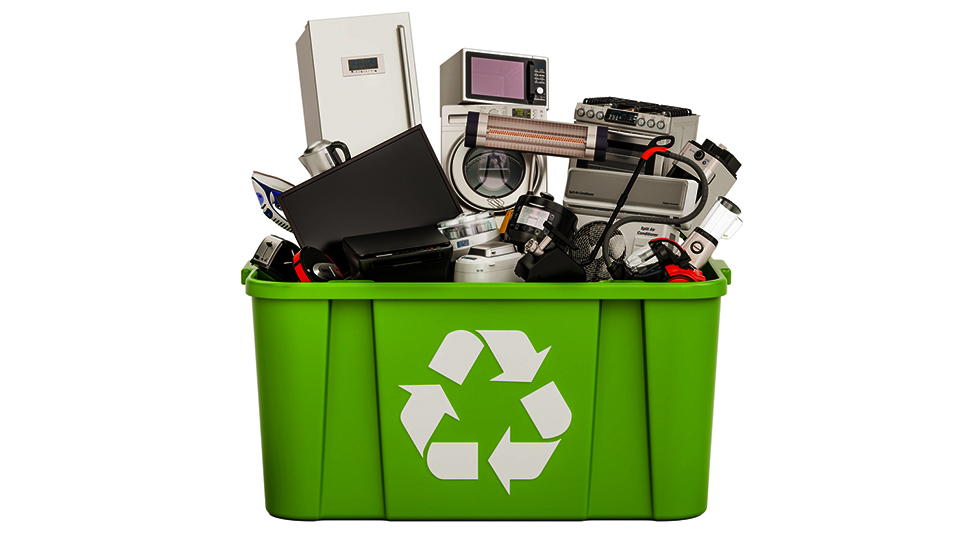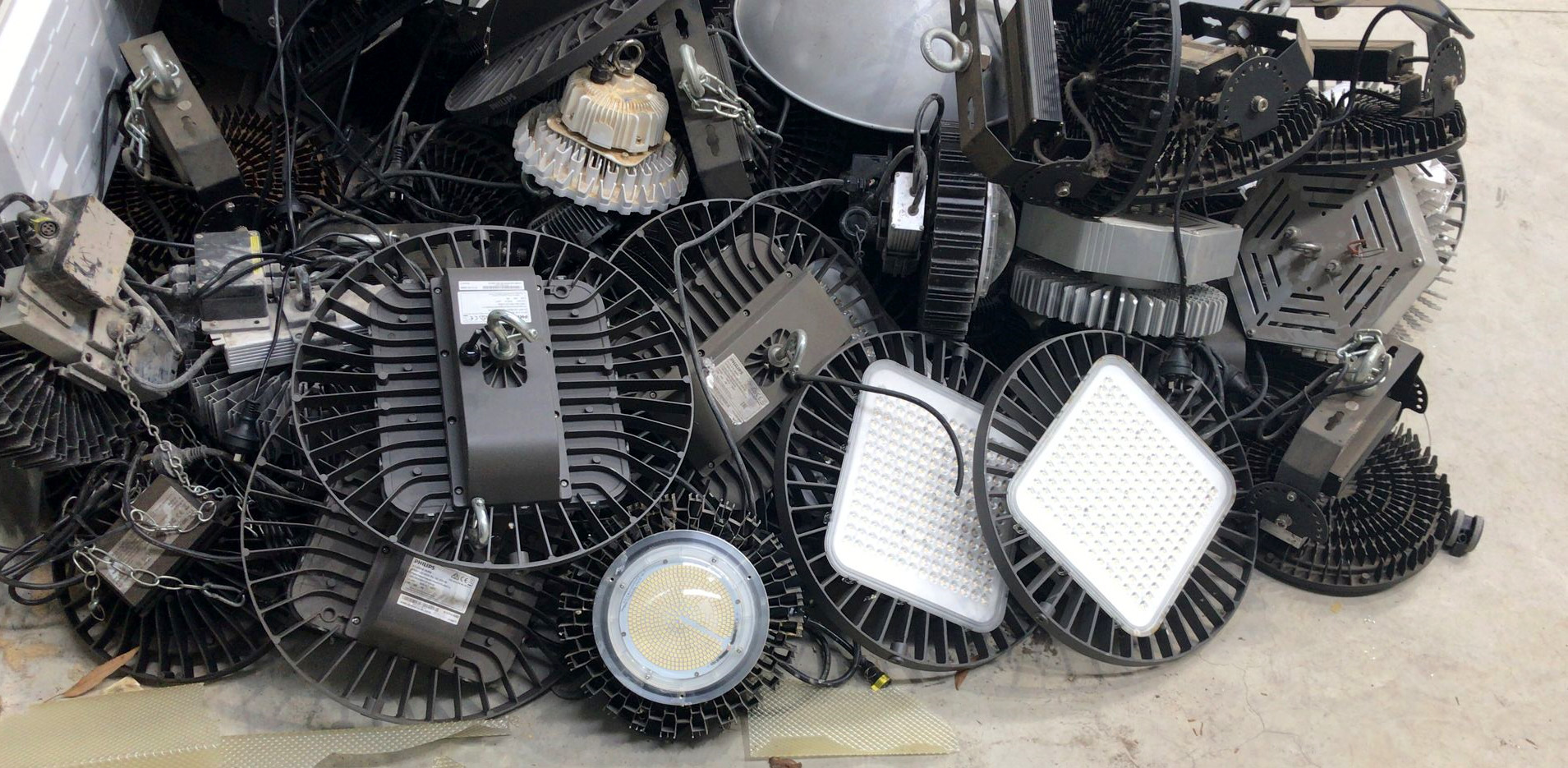While specific schemes for recycling some types of e-waste exist – things like mobile phones, printer cartridges, computers and TVs – rates of electronic recycling in Victoria are still relatively low.
For example, under the national stewardship program for recycling televisions and computers, just 37% of discarded items are required to be recycled in 2015-2016. That’s a fraction of the final target of 80% by 2026, and for many other types of electronic waste the recycling rate is effectively zero.
Big Plans In Victoria
Now the state government in Victoria is looking give e-waste recycling a real boost by introducing a complete ban on electronic waste disposal via landfill. Once this ban comes into force, anything with a power cord or that runs on batteries must be kept out of landfill when it is disposed of.
This is a big deal. The recycling industry will need to expand to create the capacity to handle vastly greater quantities of electronic waste, creating jobs in the process. For example, 9.2 people are employed by the resource recovery industry for every 10,000 tonnes of waste. Landfill disposal only generates 2.8 jobs per 10,000 tonnes.
The demand for greater electronics recycling will also drive innovation and demand for automated disassembly and sorting machinery.
What Does It Mean For Victorian Businesses?
Under the new laws, businesses in Victoria will be required to properly recycle their e-waste.
Interested individuals and organisations can get involved in framing the new scheme by reading the “Managing e-waste in Victoria – Starting the conversation” paper and making a submission. Be quick, though – submissions close on 1 November 2015.
Implementation of the preferred approach to achieving the e waste landfill ban is aimed for early to mid 2017. That’s quite an ambitious timetable for a major scheme, and once it comes into force most of us will need to change our ways – at least a little bit.
Remember And Recycle
The first step will be to understand the wide range of e-waste that you will are able to recycle, from torches, watches and toys through drills and sewing machines to dishwashers and refrigerators.
We will also need to find out where to take all these things, or if there are home collection schemes for larger items. This shouldn’t be a problem as there is likely to be a big increase in the number of e waste recycling centres to cope with increased volumes of waste.
Don’t Get Caught Out – Setup Your E-Waste Recycling Plan Today
In the meantime there is plenty you can already do to contribute to e waste recovery. Amongst the products with existing and simple e recycling solutions are fluorescent tubes and bulbs, batteries, and computers and TVs.
On top of that, ISO:14001 and other business policies often require the proper recycling of e-waste and other waste products and generation of certificates.
As Australia’s largest mercury recycler, we can also help with your other recycling needs including lighting waste, battery recycling, dental and medical recycling, and even mining, gas and industrial waste recycling.
If you need further information and help getting started on recycling your e-waste, fill out the form below or call us on 1300 32 62 92.






